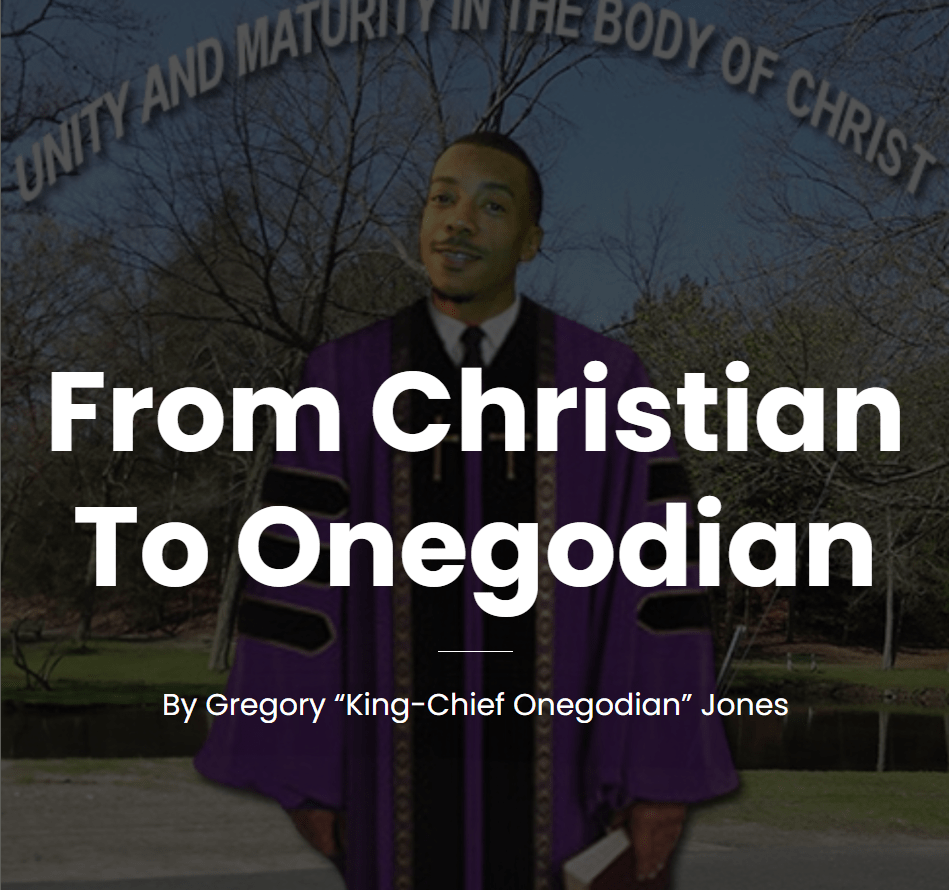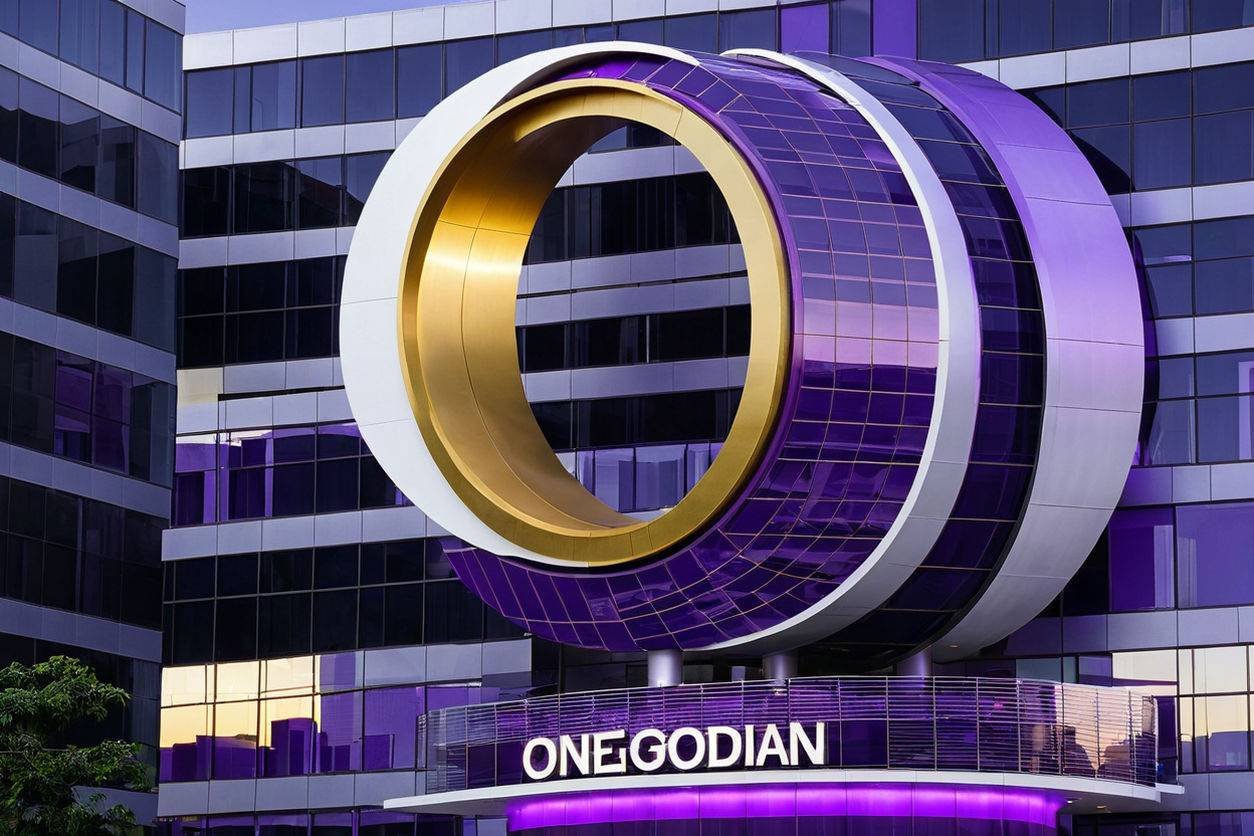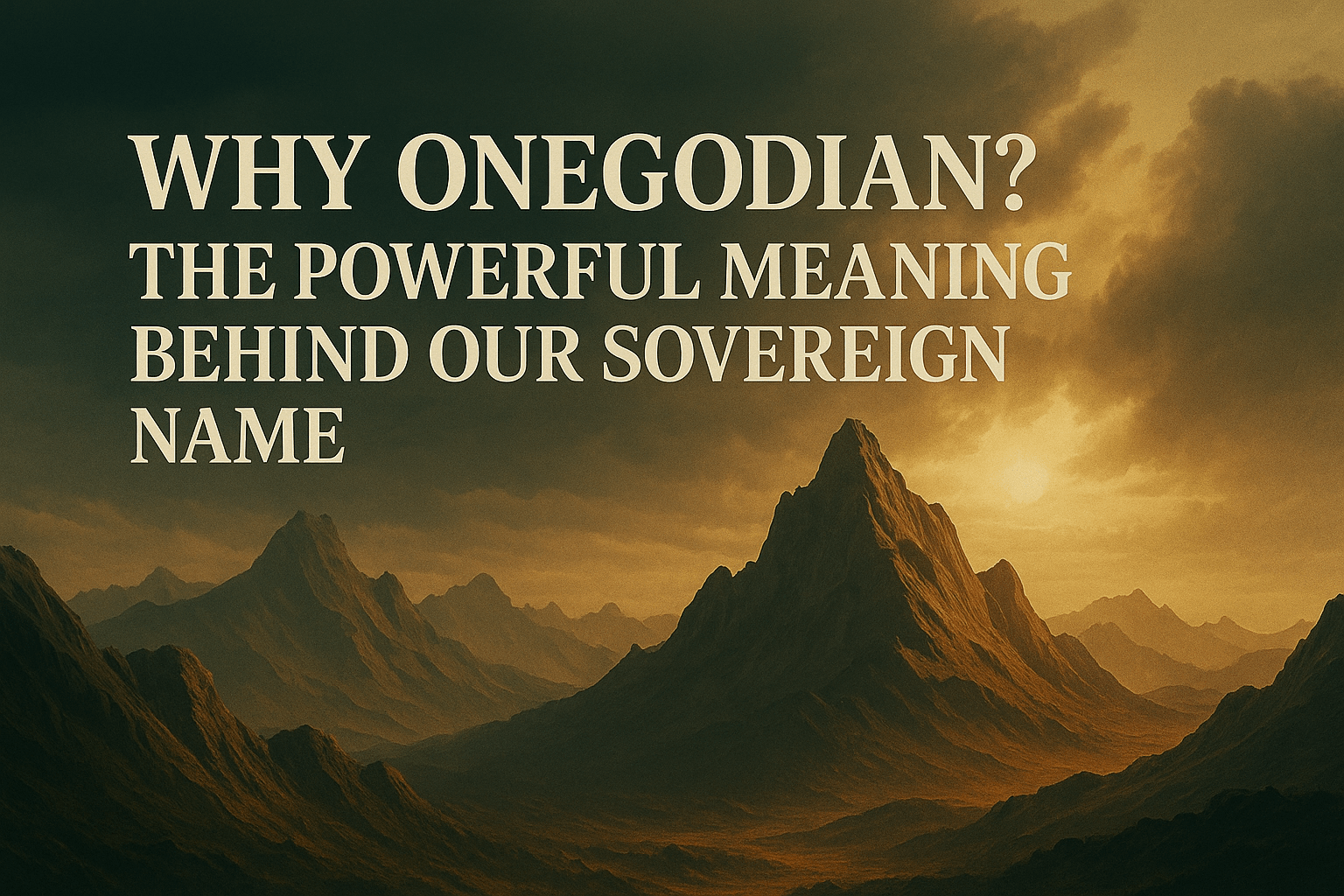Are We Christians or Messianic Believers?
We Have To Get The Knowledge Right, Once And For All!
Disclaimer:
I am a teacher — and that means I’m going to teach you. Teaching means you are going to learn something new — something you don’t already know.
If you’re here to learn, you’re in the right place.
If you’re here for anything else, you’re in the wrong place.
⚠️ Warning: It’s dangerous to learn on YouTube, social media, or anywhere online without doing your own research afterward. Always confirm what you hear by checking multiple credible sources.
Never take my word, or anyone else’s, as fact just because it sounds right or because it’s in a book.
Truth is verified through study, comparison, and revelation.
I. The Problem: Translation and Transformation
Through my advanced research in ancient texts, I’ve discovered a critical issue within Christianity: the words themselves were changed — and when the words changed, the meanings changed.
This is not a small difference of spelling or pronunciation — it’s a shift in spiritual identity.
The most important question is simple, yet revolutionary:
Is the word “Christian” even in the Bible — and if so, what did it mean originally?
The original followers of Yeshua never called themselves Christians.
The term was likely given by outsiders — even in ridicule.
The disciples never used it to describe themselves.
When Gentile believers joined the assembly at Antioch, a new label was needed to describe this diverse group — but it was not one they chose. The term “Christian” came later, through Greek and Latin translations, and ultimately replaced the original Hebrew concept: “Messianic Believers.”
II. Textual Analysis: Acts 11:19–26
Let’s look closely at Acts 11:19–26 in five Bible versions to compare how the original words evolved.
| Version | Key Term in Acts 11:26 | Translation of “The Disciples Were Called…” |
|---|---|---|
| Hebrew Names Version (HNV) | Messianic | “The talmidim were first called Messianic in Antioch.” |
| Orthodox Jewish Bible (OJB) | Ma’aminim HaMeshichiyim | “Messianic Believers.” |
| Aramaic Bible in Plain English | Christians | “The disciples were first called Christians by the Antiochenes.” |
| New International Version (NIV) | Christians | “The disciples were called Christians first at Antioch.” |
| King James Version (KJV) | Christians | “The disciples were called Christians first in Antioch.” |
Observation:
- The earliest Hebraic sources (HNV, OJB) clearly use Messianic or HaMeshichiyim — derived from Mashiach (Messiah).
- The later Greek and English versions (ABPE, NIV, KJV) replace that with Christianos — derived from Christos.
- Thus, the word was changed — from Messianic (of the Messiah) to Christian (of Christ).
This change shifted not only the sound of the word, but the identity of the people.
III. The Linguistic Breakdown
| # | Original Term | Modern Equivalent | Notes |
|---|---|---|---|
| {1} D’var Hashem | “The Word of God” | Hebrew keeps “Word” sacred. (John 1:1) | |
| {2} Yehudim | “Jews” | The “Y” was changed to “J” in English; a phonetic distortion. | |
| {3} Cyprus | Cyprus | Preserved correctly in all versions. | |
| {4} Cyrene / Qorina | Cyrene | Variation due to Aramaic dialect. | |
| {5} Antioch / Antiakia | Antioch | Correctly preserved; ancient Antakya in Turkey. | |
| {6} Yevanim / Hellenists / Greeks | Greek-speaking Jews | Reflects early cultural divide. | |
| {7} Adoneinu Yehoshua / Yeshua the Messiah | “Lord Jesus Christ” | The most significant change — Name and Title replaced. | |
| {8} Talmidim | Disciples | “Students who follow and become like their teacher.” | |
| {9} HaMeshichiyim / Messianic | Christians | Word changed; meaning distorted. |
IV. The Theological Impact
Yeshua said in John 17:6:
“I have manifested Your Name unto the men which You gave me out of the world… and they have kept Your Word.”
If Yeshua manifested the Father’s Name, then why did we change His Name?
If He prayed for us to keep the Word, why did we alter it?
Changing “Yeshua the Messiah” to “Jesus Christ” required changing “Messianic Believers” to “Christians.”
This was not linguistic convenience — it was theological strategy.
By altering the Word, the early translators altered the spiritual lineage — disconnecting believers from the original Hebraic roots and the true covenantal identity under One God.
V. The Restoration of Identity
The Hebrew word Talmidim doesn’t just mean “students.” It means those who leave everything behind to live as their Rabbi lived — to become like Him.
When Yeshua prayed that His followers would be “one,” He was praying that we become One with God — not just students of God, but children of God.
“Holy Father, keep through Thine own Name those whom Thou hast given Me, that they may be one, as We are.”
— John 17:11 (KJV)
That is where the revelation of Onegodian comes in.
VI. The Revelation of Onegodian
“Blessed are the peacemakers, for they shall be called the children of God.”
— Matthew 5:9
“But as many as received Him, to them gave He power to become the sons of God, even to them that believe on His Name.”
— John 1:12
Therefore, once we become sons and daughters of God, we are no longer merely disciples — we are Onegodians.
Onegodian means:
One who is related to, resembles, and belongs to One God.
This word restores what was lost through centuries of translation.
It unites the body of believers under one divine truth:
One God. One Word. One Family. One Purpose.
VII. Definition of Onegodian
onegodian (noun / adjective)
1a. Of or relating to One God — “the onegodian kingdom.”
1b. One related to, resembling, and belonging to God — “Onegodians are the children of God.”
2. A child of God marked by divine idealism and sacred zeal — “on a onegodian mission.”
Etymology:
From One God, through the Revelation of the Covenant of the Father.
Origin: 2009 CE, Onegodianese.
First known use: 2009, by One Gregory Onegodian™.
VIII. The Conclusion
The evidence shows that “Christian” was a later term, introduced by outsiders and reinforced through translation.
The original believers were Messianic — followers of Yeshua the Messiah.
But even “Messianic” describes relationship through title, not through origin.
The true divine identity is Onegodian —
not a follower of a name that was changed,
but a child of the One True God who was never divided.
THE ONE MESSAGE THAT NEVER CHANGED:
One Body, One Spirit, One Hope, One Lord, One Faith, One Baptism, and One God and Father of all, who is over all, through all, and in us all.
— Ephesians 4:4–6
Therefore:
We are not “Christians.”
We are not merely “Messianic.”
We are Onegodians —
those who are of, resemble, and belong to One God.
Discover more from Onegodian.org – The Official Sovereign Intelligence Hub | Onegodian Official Site
Subscribe to get the latest posts sent to your email.
There are no comments








